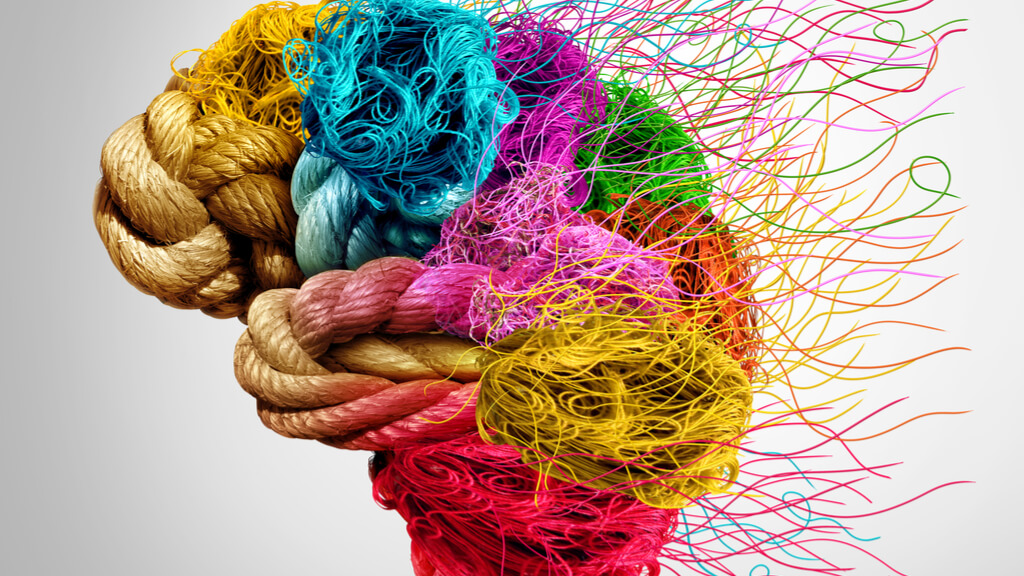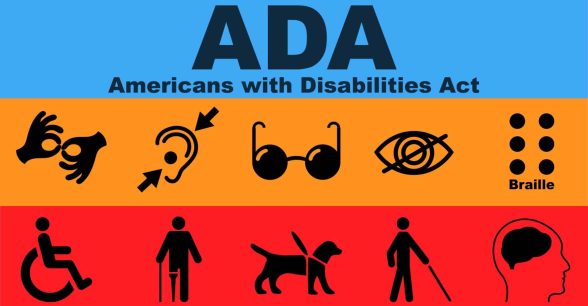Why Inspirational Memes About Mental Health Disabilities Are So Damaging
As a person with mental health disabilities, nothing makes me seethe like those who create inspirational memes that do more damage than good to the people in my community. Whenever I encounter such feel-good shibboleths, my hands tense, my breathing becomes shallow, my face wrinkles in disgust. If someone’s only connection to mental illness is the bumper sticker slogan she has shared on social media, then she should do less speaking and more listening. The latest in a long line of viral disinformation campaigns has been shared more than 151,000 times, and that so many have been duped about my disabilities makes me dyspeptic.
“Never give up on someone with a mental illness,” inspirational author Shannon L. Alder writes. “When ‘I’ is replaced by ‘WE,’ Illness becomes Wellness.” While the meme’s message may seem pithy, “curing” mental illness is not so simple as having companionship – or, for that matter, good fortune. I remember in early 2018 when everything was going for me both personally and socially; I had just celebrated my birthday with my favorite people, I had recently won an award for my art, and I was involved on a political level in a manner to which I had aspired. Yet, in the span of the same week, my chronic depression had flared up to the point where I had almost attempted suicide.
If the quote were correct, because I had a table full of friends at my 33rd birthday party, I should have been well. I had indeed become we. Furthermore, since I had my family celebrating with me at the award ceremony, I should have been well. I had indeed become we. Moreover, since I had great connection to people in politics, I should have been well. I had indeed become we. Yet, in the midst of all of this, I was so despondent that even having company around me was more than I could take. I wanted to jump out of my own skin, run away from my body, and summarily disintegrate. My life looked promising from the outside, but it was bleak insofar as my neurochemicals were concerned.
What I wish the creators of such viral memes would recognize is that mental illnesses are disorders of the brain, and that we are looking for support, not saviors. My mental health disabilities worsen my quality of life; they rend asunder my will to live. Just as one wouldn’t say that companionship “cures” diabetes, heart disease, or any other chronic medical condition, the same is the case with my depression and OCD. In short, the reality is that I will never be “well”; my mental health disorders must always be managed. Furthermore, helping those with mental illnesses is hardly about not “giving up” on us; it is about being there through the vicissitudes of our journeys with chronic illness, while we actively work on making healthy choices.
As an individual with mental illness, I wish to shatter the shibboleth that those in my community are simply looking for neurotypical saviors – people through whose presence our mental health will be perfect. While, in an ideal world, I may wish for Juvenal’s healthy mind in a healthy body – given the realities of my condition, I want dignity, not dependence. I want for my relationships to be a blessing, not a burden. I want my friends to say that they are better for having known me, not emotionally taxed until they conclude that I am “too much.” The paternalistic idea that I should expect – or even desire – anyone to “cure” me through being there is uniquely repulsive. I’m stronger and have more self-respect than to want – or need – to be saved from myself, by an individual who likely can’t even comprehend my condition.
After fourteen years with mental illness, I have been on both sides of situations where one party has concluded that the other’s mental health is too rocky for any relationship. Several years ago, I was so unstable that I begged a buddy to be by my bedside, until, egocentric and exhausted, she bolted for good. In another case, my former friend refused overtures toward treatment, and she scolded, shamed, and slandered me for not being her ideal companion. Such comportment not only ruptured our relationship; it was deleterious to my disabilities. While the severing of ties may be viewed as “giving up” on someone with mental illness, from another perspective, it can be seen as both the setting of boundaries and self-care.
Misleading neurotypical people that with their presence we will magically be “well” is damaging for all involved. It creates unrealistic expectations and furthers stigma. When the former inevitably realize that mental illness is a lifetime struggle, the ensuing rupture may scar a disabled person’s self-concept, and may zap the latter’s desire to ever be connected to our community. Such situations can be avoided with education about the etiology of mental illness, dialogue about management of symptoms, and discussions about reasonable expectations for relationships. It is these conversations, not the propagation of vacuous memes on social media, which will facilitate authentic kinship with those of us with mental health disabilities.
About Rooted In Rights
Rooted in Rights exists to amplify the perspectives of the disability community. Blog posts and storyteller videos that we publish and content we re-share on social media do not necessarily reflect the opinions or values of Rooted in Rights nor indicate an endorsement of a program or service by Rooted in Rights. We respect and aim to reflect the diversity of opinions and experiences of the disability community. Rooted in Rights seeks to highlight discussions, not direct them. Learn more about Rooted In Rights



